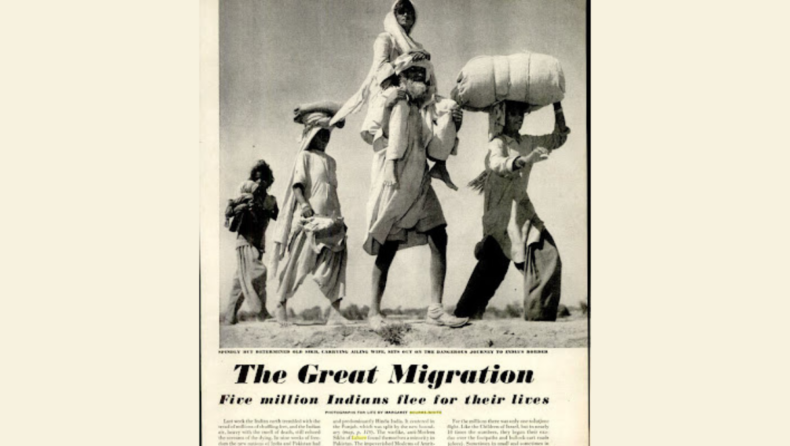The line between Patriotism and Nationalism is very thin, and in the past week of Independence Day celebrations, it got blurred. With Indian Independence Day round the corner, our country is celebrating Azaadi ka Amrit Mahotsav on its 75th Independence Day.
More so, the center urged the citizens to put a picture of the national flag as their profile pictures as part of the campaign ‘Har Ghar Tiranga’.
The people of a country make a nation and unless some of those people, irrespective of their religion, caste, or economic status are being subject to violence and deprivation of foodgrains for refusing to hoist a flag on their homes as a voluntary choice, Independence is not truly achieved in its absolute and true sense.
Not very long ago, a man was denied ration upon refusal to buy the flag from the ration distributors, in a video shared by Varun Gandhi on the 10th of August, Wednesday. Upon further discussion with the distributor, the person said he was following orders as given to him by the higher authority.
The real question, however—Does the price of the sacred tricolor cost the poor their daily bread?
Many such incidents broke out in the country and the people of the country turned a blind eye towards them busy hoisting the flag in every corner they can find.
Using the flag like a marketing campaign, hoisting it anywhere and everywhere not only degrades its value but also instills in the minds of young children, that Independence Day is nothing beyond hoisting a flag, but it is, more than just a national holiday.
History of Partition
Why is it important to remember the history?

The horrific events that took place in 1947 still remain a haunting memory for some.
Merely normalizing and romanticizing of Independence and leaving out condolences to everyone who suffered the loss is insensitive to them and the history of the formation of Hindustan.
The British Ruled over India from the year 1857 to 1947, when the fight for freedom brought the Indian Subcontinent its freedom. Remembering the history on this day of Independence is important so as to pay homage to everyone who not only fought colonialism but also those who were a victim at the hands of the British for 200 years in the history.
Independence Day is now very little about the freedom struggle and freedom from the British colonizers and more about promoting the idea of the state, forgetting everyone and everything that was lost in the struggle to give birth to the country as a whole.
Extreme inclination toward the right and the left has always proved to be dangerous as the former puts the State before the ‘self’ and the latter puts the ‘Self’ before the state.
To pinpoint the wrongdoings of the government is equally as important as holding oneself accountable for not speaking up when we must when we can as well as when we should.
bol ki lab āzād haiñ tere bol ke zabāñ ab tak terī hai
—Faiz Ahmad Faiz
A sense of consciousness and fear before writing an article such as itself is proof enough of how much freedom of the press exists for Journalists in India even after 75 years of Independence. India was ranked 150th in the Press freedom index for the year 2022, as drawn by ‘Reporters Without Borders.’
The word ‘freedom’ is perceived and derived out of two senses, one says the act of doing, speaking and thinking freely and the other being the state of not being enslaved, jailed, or imprisoned.
Yet, there are over 500 political prisoners in India as of 14th August 2022, an infamous name being that of Umar Khalid who recently celebrated another Birthday in jail.
He, along with political activists like Kanhaiya Kumar, and Shehla Rashid have similar-looking stories. Unless true freedom in its absolute sense is achieved, the fight for freedom continues.












